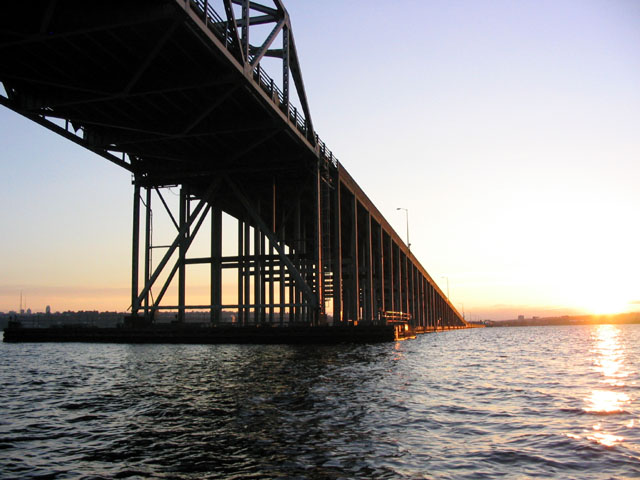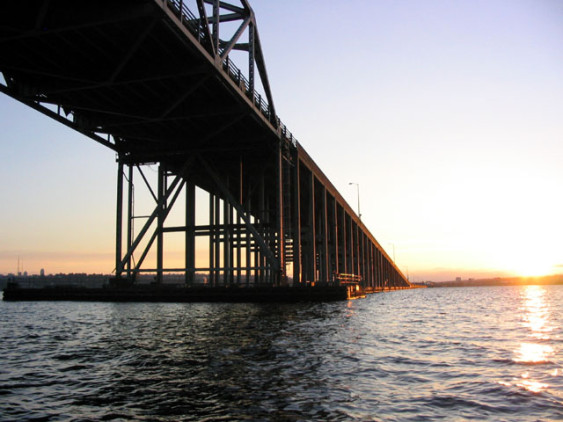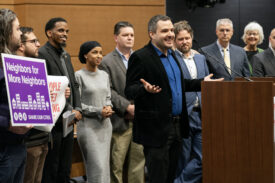In news that will surprise precisely nobody, another transportation megaproject is going over budget. From Mike Lindblom at The Seattle Times:
Construction delays and upcoming change orders are threatening…[to] send the project another $128 million in the red, the state disclosed Friday.
Most of the costs are related to design errors by the state Department of Transportation (DOT) that caused cracks in the first four giant pontoons. These required repairs, while others have been redesigned.
Why should nobody be surprised? Because, quite simply, cost overruns for transportation megaprojects are the rule rather than the exception.
There’s a rich, robust, and occasionally hilarious academic literature on megaproject cost overruns. International researchers find that megaproject plans typically suffer from some combination of optimism bias (the delusional belief that you’ll be luckier than most people) and strategic misrepresentation (intentional deception about politically unpopular facts)—which is quite a toxic combination if you want to stay on budget.
Of course, the project managers can always argue that it’s a small overrun. In the context of a $4.13 billion project, $128 million is chicken feed: a mere 3 percent.
But that’s precisely the problem with megaprojects: when a project runs into the billions of dollars, even small overruns add up quickly. After all, 3 percent of $4.1 billion is still a LOT of money. It’s enough to fill the budget hole in King County’s transit service twice over. It’s enough to refurbish and repave 40 to 60 miles of crumbling streets. It’s enough to hire more than 2,000 teachers in Washington State for a year. I could go on, but you get the point: 3 percent is still a big deal.
Ultimately, it may be impossible to prevent cost overruns in megaprojects. The institutional biases that lead to low-balled estimates are pervasive and rooted deeply in human nature. But what we CAN control is the size and scope of our ambitions. If we stop dreaming up so many new megaprojects, and keep the ones we do pursue as modest as possible, we not only reduce the consequences of cost overruns, we reduce the base costs themselves. Which, in a time of constricted budgets and partisan gridlock, may be the only politically viable way forward for the Northwest’s transportation budgets.









